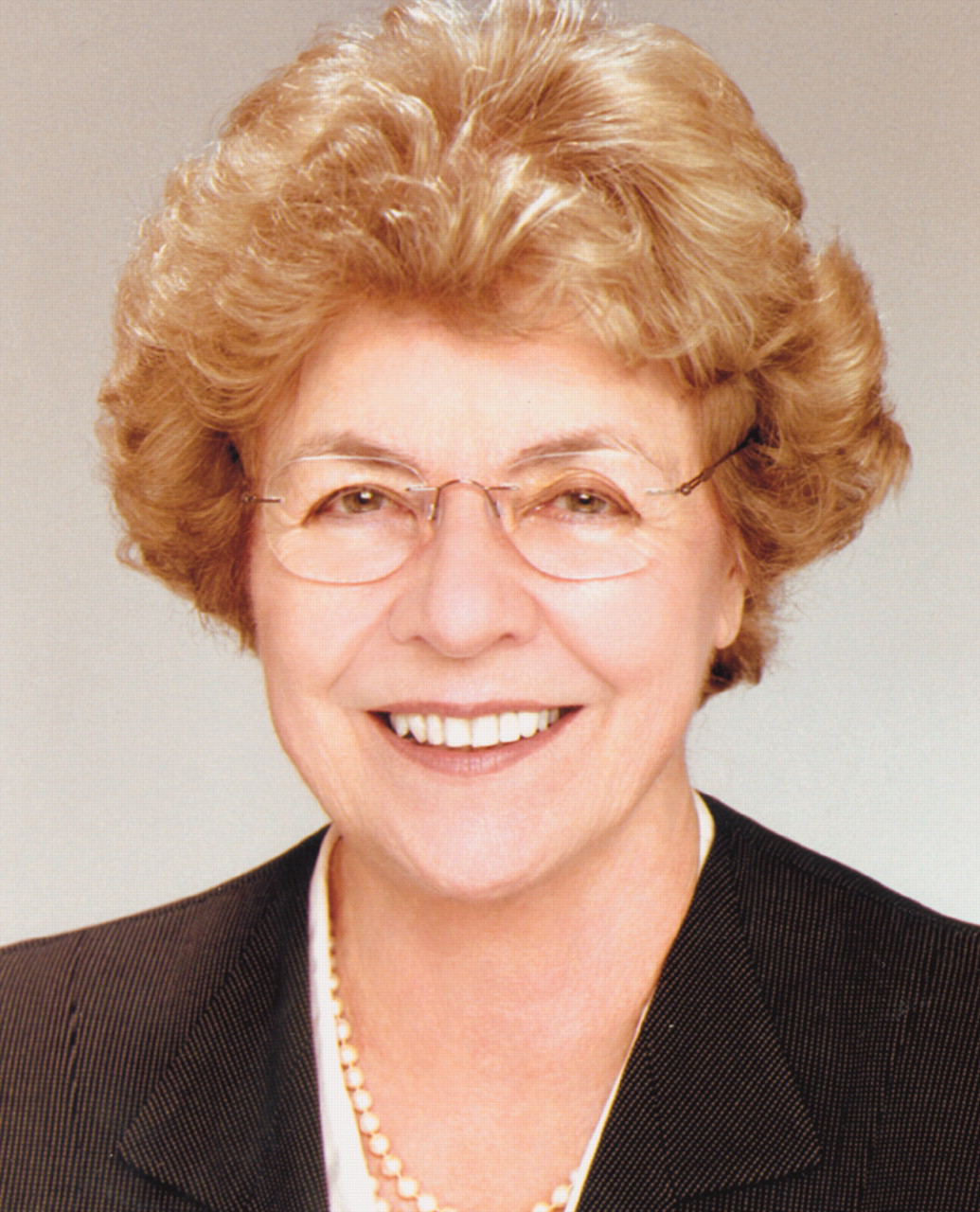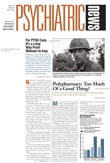While eagerly awaiting the arrival of one of the latest publications from APPI,
Essentials of Neuroimaging for Clinical Practice, I imagined for a fleeting moment that inside I would find the answers to some of our fundamental questions about the brain and mental illness. However, as Jake in the last line of Hemingway’s
The Sun Also Rises, said, “Isn’t it pretty to think so.” Instead of providing immediate answers, the authors in the introduction are quick to opine that “[f]unctional magnetic resonance imaging (fMRI) has limited clinical utility in psychiatry at present, but it is a powerful tool that shows great potential for future application.”
Similarly, considering the promise of chromosomal and gene analysis, we are not far from the day when a computer will generate a patient’s phenotype and match those findings to a specific psychopharmacologic agent. But that is not where we are today.
Yesterday we questioned whether an individual’s vulnerabilities and strengths arise from his or her genes or environment. Today we recognize that it is obviously both. Developmental experiences, genetic characteristics, and accidental events ultimately shape the adult person. The genetically based temperament of the child sensitively shapes much of the interaction with his or her parents. The parental responses, borne out of their own histories, in turn helps define the child’s personality. The complex interaction between the child’s inherent traits, the parents’ psychological characteristics, and the “fit” between parent and child is central to the developmental perspective. The path to understanding these interrelationships is dependent upon neither gene analyses nor brain imaging.
Fortunately, today and tomorrow we have the most powerful diagnostic tool imaginable: the ability to listen to patients and to hear what they are telling us. We trust that listening and hearing will not be forgotten or lost as the biological and technological wonders of tomorrow emerge. “To listen” is defined by the American Heritage Dictionary as “to make an effort to hear something,” “to hear,” “to learn by hearing.” It sounds so simple. Yet, to truly hear is a very complicated task. It means, for example, appreciating the nuances of language and transference, picking up on one’s countertransferences, and using those countertransferences to enhance listening. This involves stepping into the patient’s emotional shoes and then stepping out, getting some distance, and appreciating the affect and response.
By contrast, MRIs and studies of genes and chromosomes dispassionately inform us about the biology of what is going on in the brain. Talking with patients opens the door to a totally different dimension, namely, what is going on in the mind. Both are important. Both are essential.
I am concerned, however, about the possibility that with the dramatic advances in neuroimaging, neurobiology, and chromosome analysis, tomorrow’s clinicians might lose sight of the centrality of the interpersonal physician-patient relationship. For example, in some medical schools today, young doctors tend to minimize the stethoscope and history taking, relying instead on the scientific findings revealed by EKGs, echocardiograms, and other such studies. In our field, what can be learned by technology must never be more than additive to the experience of direct observation and interaction. It is critically important to listen to patients and hear what they tell us about their life history, cultural heritage, interpersonal relationships, and feelings.
One of the giants of American and international psychiatry, Judd Marmor, was an exemplar of the model of psychiatrist as listener, observer, and integrator. Judd, a past president of APA, passed away last December at the age of 93. He was an extraordinary educator, a reflective leader in meetings, and far-ranging commentator on myriad subjects, as well as being charismatic and well informed. Although steeped in psychoanalytic theory and practice, he always remained an independent thinker. Judd appreciated that much of our work is based on hypotheses that must be continuously explored, weighed, and evaluated in the context of the reality of our patients. His ever-hovering attention in his listening to patients permitted him to differentiate observation and fact from theoretical dogma. This led, for example, to his being a key figure in depathologizing homosexuality. His views did not derive from reading brain scans or gene studies, although he certainly would not turn away from scientific findings in his pursuit of comprehensive understanding. Instead, his insight and determination came from listening to patients and striving to understand their psychic reality. I sincerely hope that tomorrow’s psychiatrists will continue to emulate Judd’s sensitive approach.
This is my last president’s column. I thank you for giving me the opportunity to share my ideas with you and have greatly appreciated your reactions. I look forward to our continuing communication, as the mood strikes you:
[email protected]. ▪

